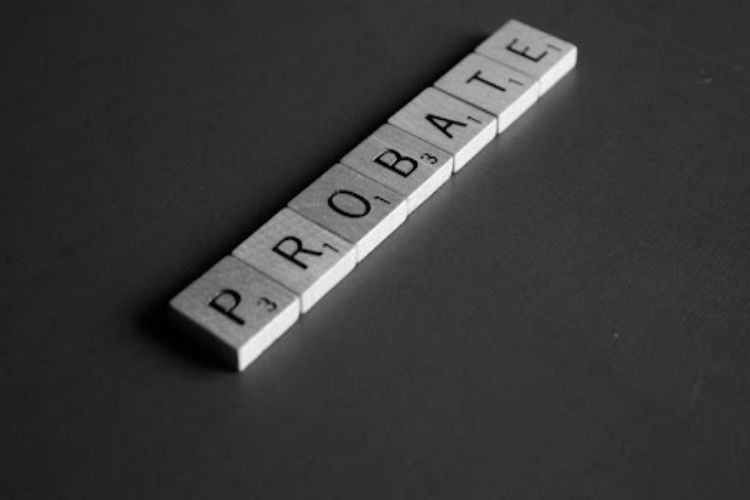 Dementia is a difficult journey that affects millions of older individuals throughout the world. However, a powerful ally emerges in the middle of this conflict: the timeless and alluring world of music. The remarkable ability of music therapy to assist seniors suffering from dementia in bridging the gap between their past and present is becoming more and more well-known. Explore the rhythmic realm of this therapeutic intervention and learn about the many benefits it offers to our elderly, who are our loved ones. As we examine the melodic advantages of music therapy, it becomes clear that a melody’s simplicity may be a potent instrument for improving the lives of persons facing dementia obstacles.
Dementia is a difficult journey that affects millions of older individuals throughout the world. However, a powerful ally emerges in the middle of this conflict: the timeless and alluring world of music. The remarkable ability of music therapy to assist seniors suffering from dementia in bridging the gap between their past and present is becoming more and more well-known. Explore the rhythmic realm of this therapeutic intervention and learn about the many benefits it offers to our elderly, who are our loved ones. As we examine the melodic advantages of music therapy, it becomes clear that a melody’s simplicity may be a potent instrument for improving the lives of persons facing dementia obstacles.
A Melody of Recollections: Arousing Feelings
The power of music to arouse feelings and bring back memories is what gives it its enchantment. A well-known song can work as a time machine, taking elderly people suffering from dementia back to treasured memories even as their memory fades. A lullaby that lulled them to sleep or a tune from their childhood, music has the ability to evoke strong feelings and strengthen bonds with the people and things in their life.
Brain Symphony: Encouraging Cognitive Processes
Apart from its affective value, music therapy is essential for promoting cognitive processes. According to research, listening to music stimulates different parts of the brain, which improves memory recall and fosters cognitive flexibility. This might potentially improve cognitive capacities in older adults with dementia and slow down the rate of cognitive decline.
Social Serenade: Promoting Interaction and Dialogue

Seniors with dementia are given a common language through music therapy that breaks down verbal communication obstacles. Group sessions provide a forum for interpersonal communication, promoting a feeling of belonging and community. Seniors can interact with one another in a setting where singing, dancing, and musical activities are shared, which lessens feelings of loneliness and isolation.
Rhythm and Relaxation: Reducing Tension and Unease
It’s common knowledge that music has a relaxing impact, and for elderly people suffering from dementia, it may be a comforting salve for the soul. Music has the ability to calm people down by reducing tension and anxiety through calming melodies and energizing rhythms. Seniors’ mental health is enhanced by this, and it also improves their general health.
Footnotes of Fun: Spreading Happiness and Imagination

Seniors suffering from dementia can have some joy in their life thanks to music therapy. Playing basic instruments or practicing rhythms are examples of musical activities that may make people grin and laugh. These programs’ lighthearted format not only makes the elders happy, but it also fosters a supportive environment for family members and caregivers.
Arizona Probate: Bringing Legal Matters into Harmony

While delving into the peaceful realm of music therapy, it is imperative to attend to the pragmatic facets of elder care, encompassing legal implications. In Arizona, the legal procedure known as “probate” handles an individual’s estate management following their death. Getting around probate can be challenging since it involves a number of different legal processes and paperwork. The process of probate in Arizona can go more smoothly if professional assistance is sought. This frees up family time to concentrate on giving their loved ones the best care possible, which may include implementing therapeutic treatments like music.
Maintaining the Harmony of Music Therapy
The effects of music therapy go much beyond the time spent in sessions. Its calming effects endure, leaving a long-lasting impression on the well-being of elderly people suffering from dementia. According to studies, frequent music therapy sessions can have long-lasting benefits that enhance mood, cognitive function, and general quality of life over time. Future-focused, the inclusion of music therapy in the daily care of elderly patients suffering from dementia becomes apparent as a means of fostering connection and joy as well as serving as a therapeutic intervention. Music therapy may be seen as a guiding note in the grand scheme of life, helping elders through the maze of dementia with a melody that captures the spirit of their unique story.
An Emotional Light on the Dementia Path
A potent source of comfort and connection for elderly people suffering from dementia, music therapy can help them cope with the aging process and its fading memories. It leaves a lasting impression that carries over into their daily life in the form of a gentle tune that is entwined with sad and happy memories. Let us navigate the difficulties of providing dementia care with the melodies of music therapy as a guiding light. A timeless melody that speaks to each person’s eternal soul is provided, in addition to the therapeutic benefits. This simple-looking but powerful intervention is both a tool for cognitive well-being and a testament to the enduring power of music and human connection.


